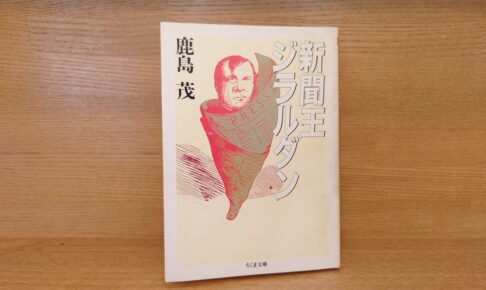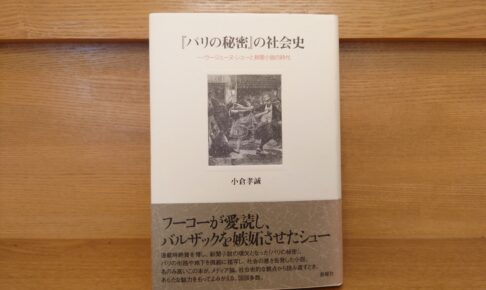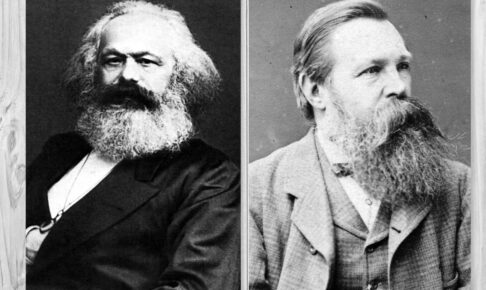R.J. Goldsteen, "Political Censorship: in Nineteenth-Century Europe," The Turbulent Nineteenth Century. What did it mean for publishing, music, and culture?
The book takes a closer look at what censorship actually was in the 19th century from a variety of angles.
As far as censorship in publishing is concerned, Russian literature, which we have been discussing on this blog, is a very relevant item. Dostoevsky, Turgenev, Tolstoy, and Chekhov have all suffered from censorship.
It was a very interesting book to learn about how censorship is practiced not only in Russian literature but also in other European countries.












































